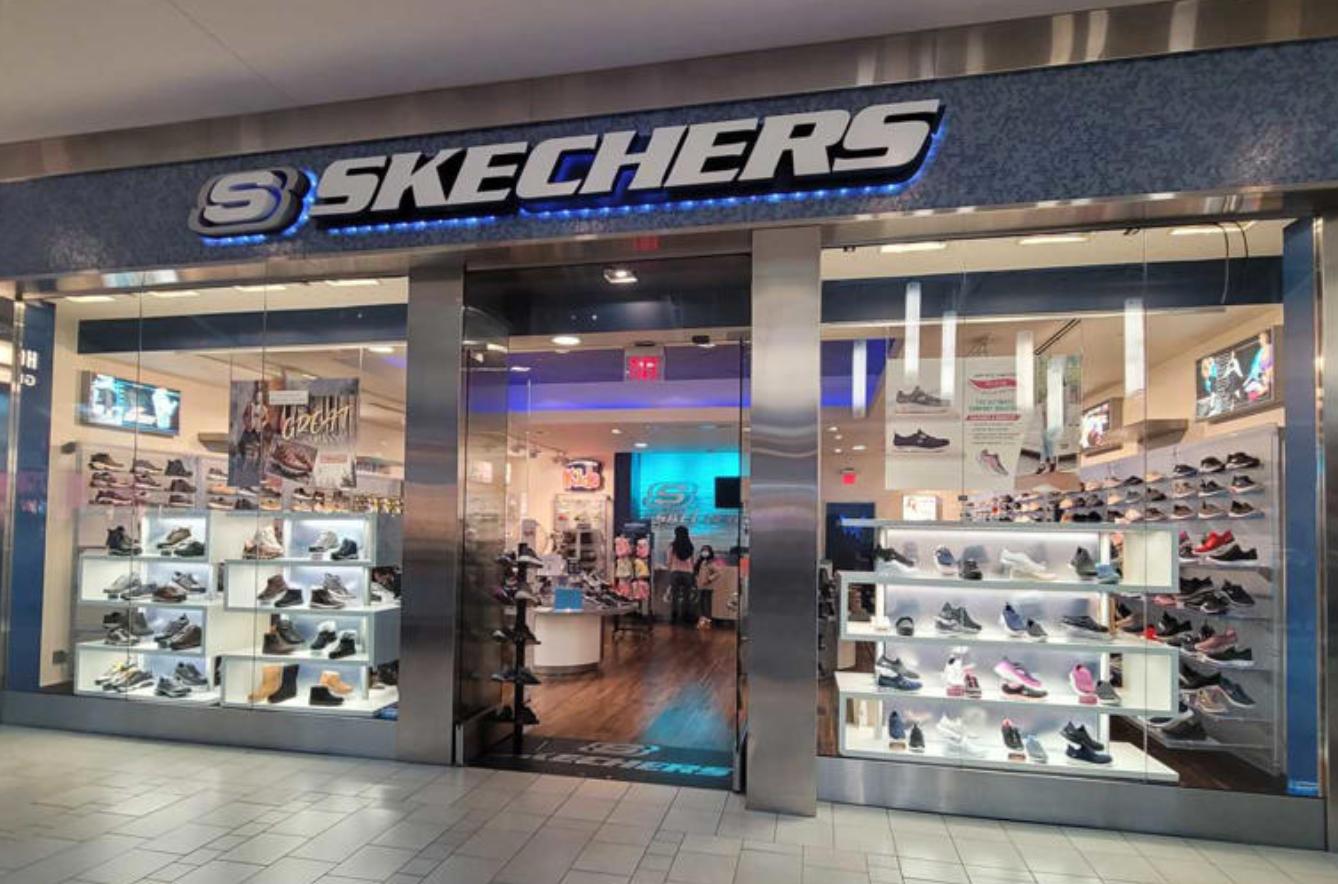
As the extensive tariff measures implemented by former US President Donald Trump have increased uncertainty for domestic footwear companies, the well-known footwear brand Skechers has decided to be acquired by private equity firm 3G Capital for $11 billion. The acquisition was officially announced on May 6. After the transaction is completed, Skechers will be delisted from the New York Stock Exchange and transformed into a private company.
First of all, as the world's third largest footwear company, second only to Nike and Adidas, Skechers has a pivotal position in the industry. The company said that there will be no changes in management, and current CEO Robert Greenberg and President Michael Greenberg will continue to be at the helm, and the company's headquarters will still be located in Manhattan Beach, California. The two are the founders of Skechers and have led the company to steady growth for more than 30 years. Robert Greenberg pointed out in the statement that Skechers has always adhered to innovation and excellence, emphasizing: "Our success is based on the deep cultivation of comfortable products, loyal partners, and the continuous pursuit of brand vision by all employees. This cooperation with 3G Capital marks the entry of Skechers into a new stage of development."
Secondly, not long ago, Skechers, together with several other major shoe companies, jointly wrote to the Trump administration, requesting that footwear products be excluded from the new tariffs. The letter pointed out that the current US tariffs on footwear are at a relatively high level in the world, among which the tax rate for children's shoes is as high as 20% to 37.5%. Under the influence of the new tariffs, the total tax burden of some footwear products may rise to nearly 220%. Industry insiders are worried that this policy will seriously impact the footwear industry chain, leading to higher retail prices, increased consumer burdens, and further loss of manufacturing jobs.
Furthermore, the footwear industry is considered to be one of the areas with the most limited effectiveness of tariff policies because the possibility of production returning to the country is extremely low. The increase in tariffs may not effectively promote the return of domestic manufacturing, but is more likely to lead to an increase in terminal prices, which directly affects the consumption budget of ordinary families. Therefore, the shoe industry generally believes that the situation is imminent, and the government should treat the unique structure of the industry with caution and should not use a "one-size-fits-all" policy.
At the same time, according to CNBC, just a few days before Skechers announced the sale, the company withdrew its earnings forecast for fiscal 2025, citing the huge uncertainty brought about by global trade policies. Although Skechers did not specify the extent of its dependence on China in its supply chain, it is reported that China's footwear exports are facing punitive tariffs of up to 145%. A company spokesperson emphasized that about two-thirds of Skechers' revenue comes from overseas markets, so the overall impact is relatively controllable.
Finally, in this privatization transaction, shareholders can choose a full cash acquisition plan of US$63 per share, which is about 30% premium to the company's recent average share price. In addition, shareholders can also choose a mixed payment method of US$57 per share in cash plus part of the equity of the new parent company. The transaction has been unanimously approved by Skechers' board of directors, including the independent director committee, and has been supported by major shareholders who hold approximately 60% of the voting rights. The transaction is expected to be completed by the end of September this year.
In summary, Skechers' privatization reflects the company's strategic adjustment in the face of trade policy uncertainty. This is not only a transformation at the capital level, but also reveals the far-reaching impact of tariff policies on the entire footwear industry. Excessively high trade barriers may not necessarily bring back local manufacturing, but may push up costs and harm consumer interests. Skechers' choice is a rational step in responding to the crisis, but more importantly, policy making must take into account both the actual situation of the industry and long-term development to avoid short-term behavior from bringing about systemic shocks.

On January 7th local time, GameStop (GME.US) announced that the company's board of directors had approved a potential executive compensation package worth $3.54 billion, which was targeted at the company's CEO, Ryan Cohen. At the same time, this new compensation package set extremely high performance thresholds: Cohen, the CEO, needed to increase the company's market capitalization from $9.5 billion to $100 billion.
On January 7th local time, GameStop (GME.US) announced that…
According to the British media The Guardian, recently US Pr…
In today's era of deep integration of globalization and dig…
In early 2026, US President Trump forcibly took control of …
Recently, the corn market dynamics analysis released by Aus…
Donald Trump has proposed an "immediate" restriction on lar…